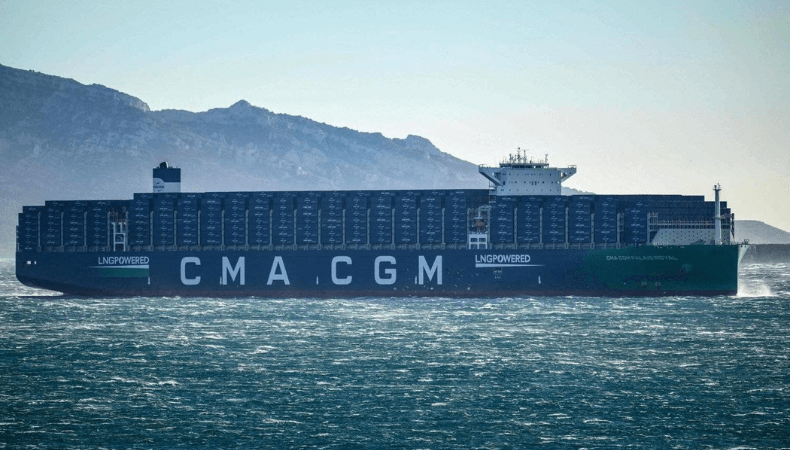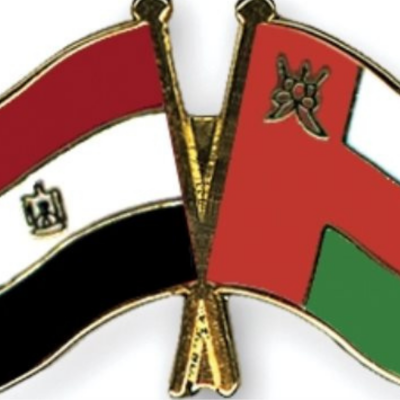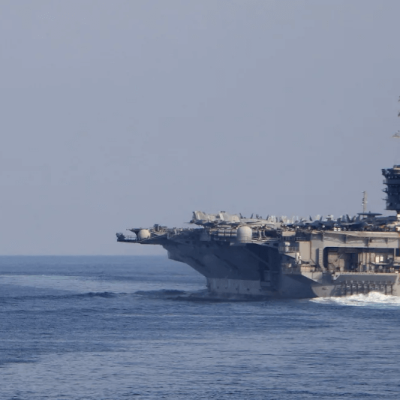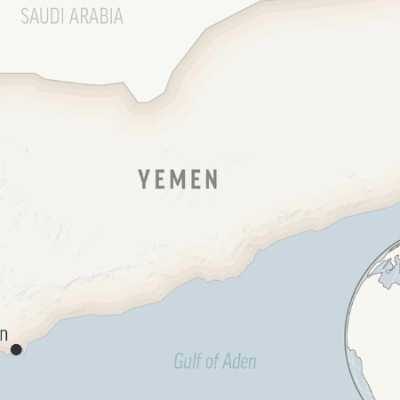Sea Change: UN Report Sheds Light on Suez Traffic’s 40% Reduction

In a startling revelation, the United Nations has disclosed a distressing 40% plunge in commercial traffic transiting the Suez Canal over the past two months, attributed to relentless attacks by Yemen’s Houthi rebels. This alarming decline raises profound concerns about the implications for global trade, with the UN Conference on Trade and Development (UNCTAD) highlighting the intricate connections between maritime disruptions, geopolitics, and climate change.
Unraveling the Impact: Houthi Strikes and Global Trade Woes
The UNCTAD underscores the direct correlation between the surge in Houthi attacks and the consequential disruption in the flow of international trade through the vital Suez Canal. Yemen’s Houthi rebels, backed by Iran, assert their targeting of Israeli-linked commercial and military vessels in solidarity with Palestinians in Gaza. This geopolitical conflict has compelled cargo carriers to adopt prolonged and costlier routes, avoiding the perilous threat of attack.
Suez Canal: A Vital Artery of Global Trade
The Suez Canal, a strategic conduit connecting the Mediterranean Sea with the Red Sea, stands as a linchpin of international trade, facilitating over 80% of the global volume of goods transported via sea. The severity of the situation is emphasized by Jan Hoffman, the head of UNCTAD, who aptly describes maritime transport as the “lifeline of global trade.”
Disturbing Trends: Statistical Insights
The statistical evidence paints a grim picture, revealing a 42% reduction in transit through the Suez Canal in the last two months. Weekly container ship transits have plummeted by 67% year-on-year, with over 20% of the world’s container trade relying on this critical maritime passageway. Larger container ships, vital to global trade, are disproportionately affected, exacerbating the decline in container carrying capacity.
Tanker traffic has faced an 18% decline, bulk cargo ships transporting essential goods like grain and coal are down by 6%, and gas transport is at a virtual standstill. The alarming figures underscore the widespread impact on diverse sectors of maritime trade.
Keep Reading
Global Ramifications: Beyond the Suez
The ripple effects of the Suez Canal crisis extend beyond this region, amplifying disruptions in other critical maritime trade routes. The Black Sea, constrained since Russia’s invasion of Ukraine, has seen severe restrictions, contributing to a surge in global food prices. Additionally, a drought in Central America has led to reduced water levels in the Panama Canal, impeding the transit of ships and further constricting global trade routes.
Warning Signs: Potential Consequences
The UNCTAD sounds an ominous warning, expressing concerns over prolonged disruptions in major trade routes. The potential consequences include delayed deliveries of goods, increased costs, and the specter of inflation. The intricate web of challenges underscores the delicate balance of the global supply chain and the vulnerabilities that emerge when vital maritime arteries face unprecedented disruptions simultaneously.
Charting a Course Forward: A Call for Global Cooperation
As we navigate these turbulent waters of global trade disruptions, there emerges a pressing need for international collaboration. The UNCTAD’s report serves as a clarion call for concerted efforts to address not only the immediate challenges posed by Houthi attacks but also the broader issues of geopolitical tensions and climate-induced disruptions affecting maritime trade.
In conclusion, the 40% drop in Suez traffic following Houthi attacks unravels a complex tapestry of challenges for global trade. The interplay of geopolitical conflicts, climate change, and disruptions in critical trade routes necessitates a comprehensive approach to safeguard the stability of the international supply chain. As we grapple with these intricate issues, it becomes imperative to seek sustainable solutions that foster resilience and ensure the uninterrupted flow of global commerce.






